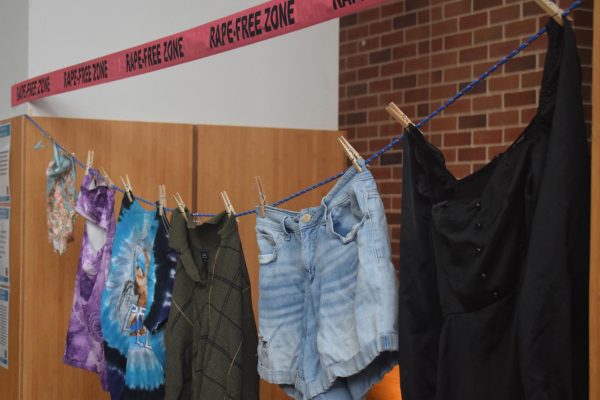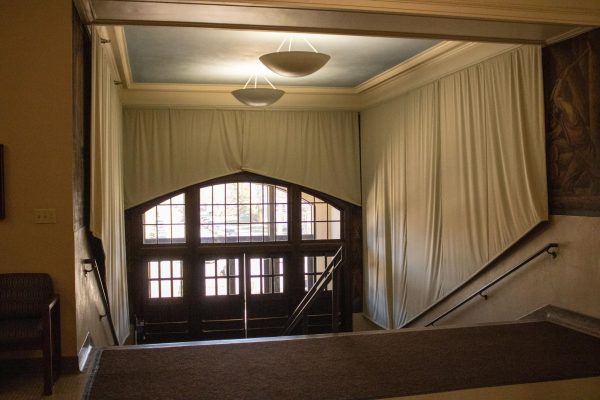Winona State plans to increase tuition, offer in-state tuition to more people
February 16, 2022
Beginning Fall 2022, Winona State University’s residential tuition rates could increase by 3.5% to extend in-state tuition rates to out-of-state residents.
Scott Ellinghuysen, the vice president of finance at the university, explained the possible tuition cost change will not be concrete until at least later this spring.
“It will probably not be until late in the spring before we find out what direction tuition is headed. The actual authority to raise tuition and fees lies with the MN State Board of Trustees,” Ellinghuysen said. “Their approval process is typically during the May and June board meetings.”
Currently, in-state, full time undergraduate tuition extends to Minnesota, Wisconsin, North and South Dakota with rates ranging from roughly $4,050 to $5,100 per semester. Non-resident, full time undergraduate tuition is about $7,300 per semester.
Director of Housing and Residence Life, Paula Scheevel, pointed to COVID-19 as a factor in the potential tuition change.
“Colleges with huge endowments are trying to hold more of a line on tuition, but unfortunately public universities and small private schools are not able to do that due to the hit of the COVID-19 pandemic,” Scheevel said.
Ellinghuysen also pointed towards COVID and its effect on Winona State, financially.
“WSU is currently forecasting a deficit in our budget of $4.5M for FY23,” Ellinghuysen stated. “The reasons for this are primarily enrollment at the institution and inflationary pressures on our budget. As the economy and the country is struggling to come out of COVID-19, one side effect has been inflation.”
Ellinghuysen continued, explaining the current financial status of the university is calling for a tuition increase.
“[COVID] obviously impacts our budgets at Winona State and without a tuition increase, there might have to be deeper cuts in the budget of the institution,” Ellinghuysen said.
However, if the residential tuition costs at Winona State do change, it would be a brand-new implementation for the school.
“Out-of-state residents will now be offered in-state tuition, which has never been offered before,” Scheevel said.
From a campus housing perspective, Scheevel explained that Minnesota schools do not gain tax money from students for room and board, whereas neighboring Wisconsin schools do. A tuition change at Winona State would affect financial aid (FAFSA) for students as well, since FAFSA considers the expense of room rates including off-campus housing.
“…it is my understanding as a non-financial aid professional that [FAFSA] would consider inflation when they are working with financial aid,” Scheevel said.
Dylan Alzate, a second-year student studying mass communication, is hoping the potential increase in tuition would go towards improving the student experience, such as maintenance work in Main Campus dorms.
“It sounds like [the potential tuition increase] could flop if the money from expanded tuition isn’t used for the purpose of fixing the poor living conditions… If students are being asked for more money then it should be for their own betterment,” Alzate said.
Alzate said his experience with current housing on Main Campus calls for building maintenance, citing faulty sinks among other issues.
Scheevel explained if there is something damaged in campus residence halls, students should put in a “work order” to alert staff and faculty.






































































